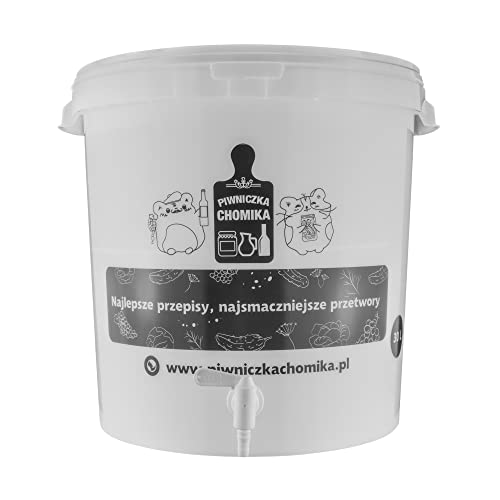Sadfield
Landlord.
There appears to be a repeated idea that the darker the malt the harsher the flavour, with the mention of Black Malt eliciting warnings about astringency and harsh, acrid flavours. Stands to reason, right? The more you burn something the worst it tastes. This thinking doesn't tally with what the maltsters know. Looking at the chart below, we can see the harsh zone for malting is in between crystal and roast malt, with roast malt getting smoother as it darkens.

This comes through to descriptions of black malt.
Briess describe it.
"Black Malt
Dry roasted, sharp to neutral
This malt is often used to provide color without overpowering flavor that is characteristic of European-style dark beers. It may be used with or without Roasted Barley to brew a Stout with more color and less intense Roasted Barley flavor notes, and it may be used with Chocolate Malt to produce a Porter with less pronounced chocolate flavor notes.
"
Simpsons go with.
"Our Black Malt is excellent for darkening beer colour without imparting too much astringency or roast characteristics. The flavour is surprisingly neutral, with a clean dryness that makes it an incredibly versatile product."
Crisp....
"The darkest of our roasted malts. When you need an intensely dark colour for stouts and porters this is an excellent malt to use. Despite its reputation as a highly astringent malt, nothing could be further from the truth. This malt brings with it a roasted character with some bitterness and astringency, but also flavours of currants and berries."

This comes through to descriptions of black malt.
Briess describe it.
"Black Malt
Dry roasted, sharp to neutral
This malt is often used to provide color without overpowering flavor that is characteristic of European-style dark beers. It may be used with or without Roasted Barley to brew a Stout with more color and less intense Roasted Barley flavor notes, and it may be used with Chocolate Malt to produce a Porter with less pronounced chocolate flavor notes.
"
Simpsons go with.
"Our Black Malt is excellent for darkening beer colour without imparting too much astringency or roast characteristics. The flavour is surprisingly neutral, with a clean dryness that makes it an incredibly versatile product."
Crisp....
"The darkest of our roasted malts. When you need an intensely dark colour for stouts and porters this is an excellent malt to use. Despite its reputation as a highly astringent malt, nothing could be further from the truth. This malt brings with it a roasted character with some bitterness and astringency, but also flavours of currants and berries."
Last edited:













![BREWING THERMOMETER STICKERS ACCURATELY MONITOR FERMENTING BEER & WINE LIQUID TEMPERATURES 5PCS HOME BREW SPIRITS WINE LCD ADHESIVE [US]](https://m.media-amazon.com/images/I/311DDjo2X3L._SL500_.jpg)




























